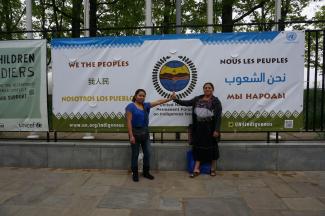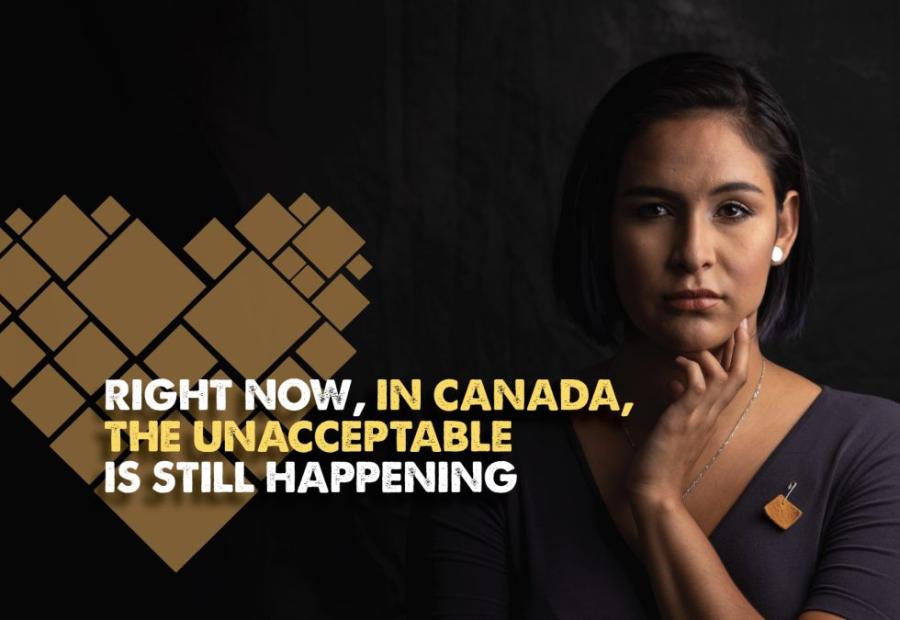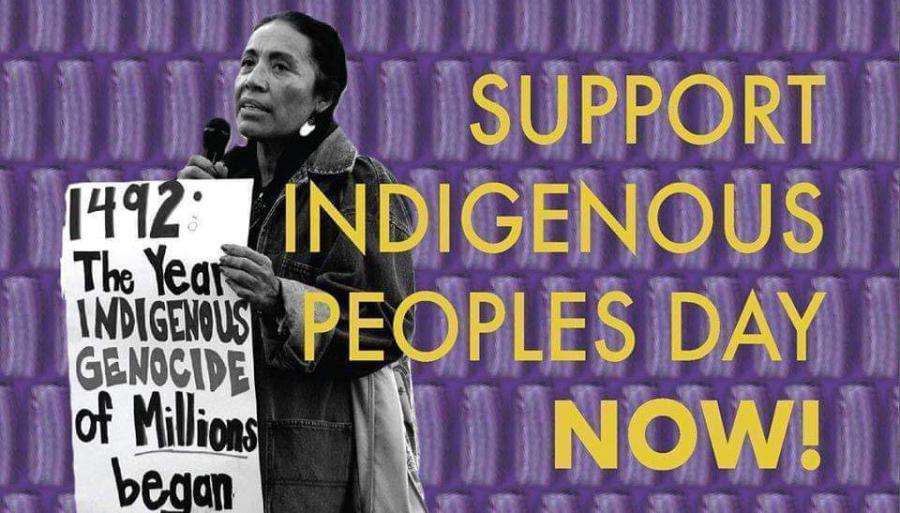
The United Nations Permanent Forum on Indigenous Issues is an advisory body to the Economic and Social Council that meets annually to discuss Indigenous issues related to economic and social development,culture, the environment, education, health, and human rights. The intensive 10-day session brings together Indigenous Peoples, member states, UN agencies, programs, and funds as well as academics and activists at UN headquarters in New York to exchange best practices on advancing Indigenous Peoples’ rights. For many delegates, the personal measurement of successful participation is the delivery of an intervention on at least one agenda item, optimally with their specific situation being cited in the Forum’s concluding observations. Adopting a strategy to prepare for the Forum can result in tangible improvements in the daily lives of Indigenous Peoples. Following are specific steps to help create a successful Forum experience.
The Expert Group Meeting
Each January, the Expert Group Meeting invites Indigenous leaders, independent scholars, and UN officials to address a specific theme, launching a dialogue on the legal and moral issues raised at the previous session. Specific language is then drafted for the official study to be presented at the upcoming session. The 2015 theme is “Dialogue on an Optional Protocol to the United Nations Declaration on the Rights of Indigenous Peoples.” You can prepare a paper for presentation related to the theme to have a voice in determining the direction of the study. Consult your community to examine the significance of the specific study and how it could contribute to changing your local situation. Proposals can include bold and specific language that will prove valuable to Indigenous Peoples. If it is not possible to attend, one can still follow the meeting and discuss the papers presented. This will allow for better preparation for the actual Forum and for drafting intervention that can contribute to the final discussion.
In-Country Preparatory and Regional Meetings
Experts gather to meet with the Forum secretariat and witness firsthand the Indigenous situation at the invitation of a host country’s government. This meeting suggests How Maximize Your Effectiveness at the United Nations Permanent Forum on Indigenous Issues specific agenda items to be featured at the annual session. Additionally, regional preparatory meetings usually take place a couple of months prior to the actual Forum. Each of the seven Indigenous regions hosts a meeting with Indigenous Peoples on a regional position paper addressing specific agenda items. These meetings allow for a collective conversation about how each agenda item relates to Indigenous Peoples’ experience, and can be a space for drafting interventions and seeking out specific speakers to contribute to the main stage of the Forum. Offering personal, regional examples to the global stage will illuminate the urgency of the issue.
Organizing a Side Event
The regional preparatory meetings are an opportunity to identify side events that would be valuable to improving Indigenous rights. Be sure to include Indigenous voices directly. Brainstorm the UN agencies, programs, and funds as well as major civil society actors that have a mission or mandate to be able to partner for a side event, and will also follow up to protect fundamental freedoms of Indigenous Peoples. Prepare the necessary paperwork to request rooms for side events and register for the Forum well ahead of the deadlines.
Maintain the Momentum
As the Forum’s popularity increased over the past decade (over 2,000 delegates attended the most recent session), it became increasingly clear that it would be impossible to accommodate the ever-increasing number of Indigenous nations arriving at the doorstep of the diplomatic world. The Forum secretariat, member, and chairs realized that the regional meetings could serve as essential preparation for prioritization of specific language for interventions. The measure allowing regions to speak first on each agenda item has encouraged Indigenous Peoples to work together prior to the session to survey their regions for specific, common situations and develop a set of recommendations to share. In the months leading up to the Forum, it is important to maintain the momentum generated from the regional preparatory meetings.
Participate in Caucuses
Youth and women have added to the traditional regional collaboration to guarantee a unified voice on each agenda item. The Women’s Caucus has continued to expand its engagement with increasing days of preparation, while the Youth Caucus continues to professionalize its participation with weekend training and the creation of core groups todraft interventions. Indigenous Peoples with disabilities have also created a caucus that continues to increase its presence at the Forum. It is important for Indigenous delegations to participate in these regional caucuses, but also to participate in the thematic caucus to offer alternative avenues for advocacy.
In the month prior to the Forum, it is crucial to take advantage of the opportunity to meet with officials from UN agencies, programs, and funds that participate in the session as well as other institutions that haven’t attended but have mandates pertinent to promotion and protection of Indigenous Peoples’ rights. You can arrange meetings with these organizations when in New York, as most have offices located within a block of UN headquarters. These meetings are an opportunity for two styles of “asks:” one to immediately cease a project that has been harmful to Indigenous Peoples, and one to propose a specific new program that would enhance respect for Indigenous Peoples’ rights. It is also a good idea to request specific contact from the organization in-country upon return to one’s homeland.
Special Rapporteur: Register Early
It is important to register early to meet with the UN Special Rapporteur on the Rights of Indigenous Peoples. Only short time slots are available, so you should come prepared with documentation supporting the most pertinent points. Read recent thematic reports ahead of time so you can provide examples for the current reports being compiled. The meeting can also be used to request a future country visit and to begin mapping out that schedule. This is an opportunity to share latest developments and to request specific actions including a press conference, a letter to the government requesting response, or a condemnation of specific rights violations.
Finalize the Intervention
The intervention should be drafted in close consultation with your community prior to the Forum. When preparing an intervention, it is imperative to lead with recommendations. Research whether any recommendations were adopted in previous sessions, and note the progress on implementation of these recommendations. New recommendations should be followed with example paragraphs that exemplify the essence of the recommendations. It is important to think through the entire Forum process, connecting recommendations with the UN agencies whose mandates deal with the agenda item and including specific actions the UN should take to assist Indigenous Peoples in realizing the recommendations. Final edits with the most current examples and related research can take place immediately prior to the Forum.
Utilize All Resources Available
The Forum is comprised of 16 independent experts functioning in their personal capacity, who serve for a term of 3 years as members and may be reelected or reappointed for 1 additional term. Eight of the members are nominated by governments and eight are nominated directly by Indigenous organizations in their regions. It is vital to meet with the Forum expert from your region. Building a relationship with the rapporteur is also important as this person prepares the first draft of the report released on the final Friday of the session, to be read before the entire Forum assembly. The actual 10-day session is the culmination of an annual campaign offering actions and implementation of recommendations.
A weekend training prior to the Forum providing historical analysis and how-to advocacy action, including drafting of interventions for first time Forum attendees, can strengthen the entire process. The actual session is a whirlwind two weeks with side events, concurrent conferences, rights receptions, and film festivals. The more preparation that is done in advance, the more it will be possible to accomplish on each agenda item during the Forum.
Next year’s session of the UNPFII takes place April 20–May 1 2015. Keep track of dates and deadlines at the UNPFII website: goo.gl/yCXmVn.


